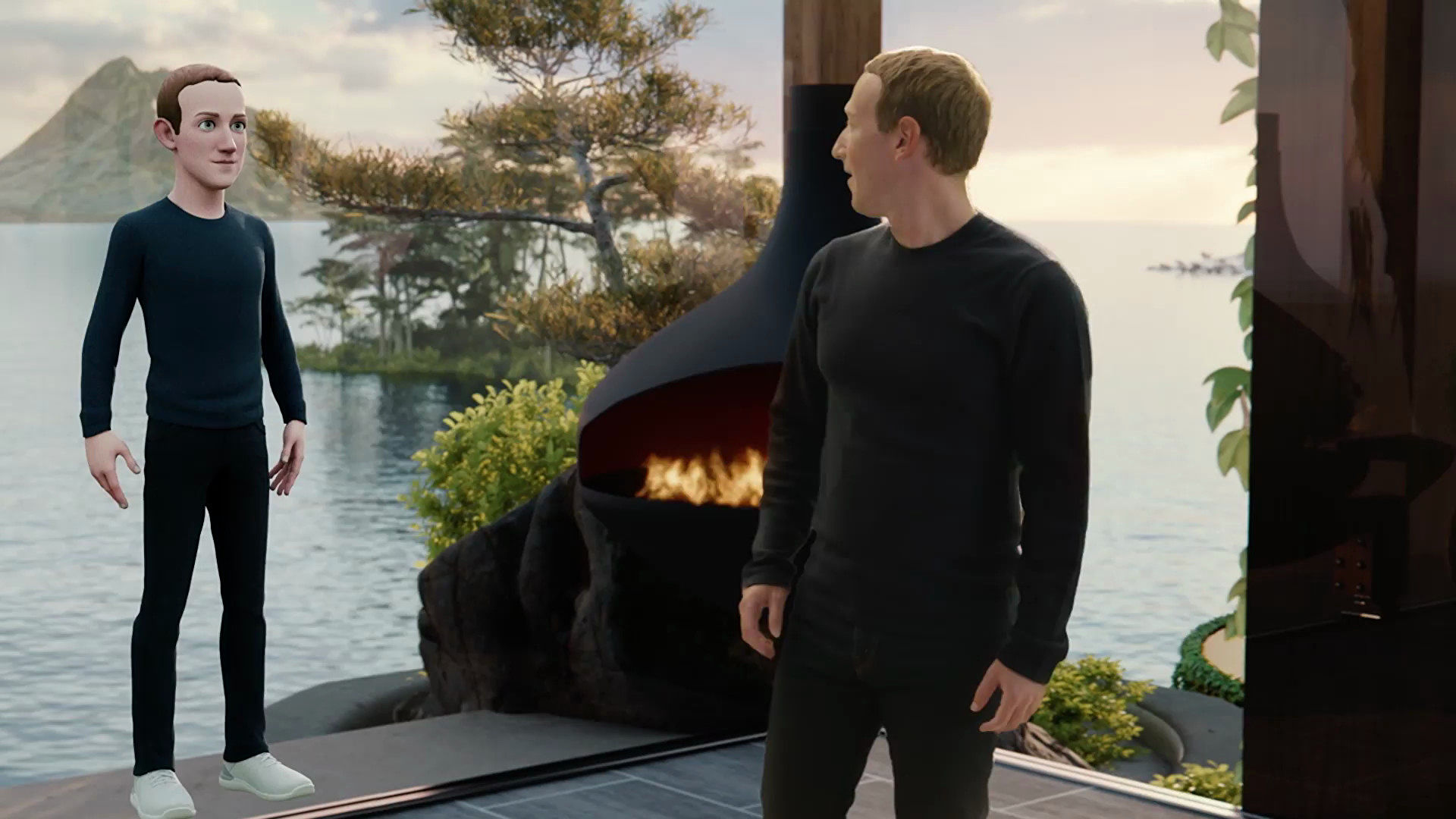
In what is actually very good news, at least for now, it appears as though the era of monolithic social media platforms is over.
Not long ago, Jack Dorsey stepped down from Twitter to work full-time on Square.
More recently, Mark Zuckerberg announced that Facebook as a company is now known as Meta, and he wants to transition to a focus around virtual reality, which he calls the metaverse.
Then just a week ago, the newly named Meta’s stock price tanked on terrible news for investors. Users were going down and so was revenue.
Now, all of this information is public, but there is also information that is not public. Twitter and Facebook have very detailed internal statistics, and those are not shared with the public, or even investors. These internal statistics are showing that the old social media platforms are dying.
Even just anecdotally, most people can tell you Facebook is essentially dead. The only thing keeping it alive is that it’s tied to so many other services people use that they simply keep their accounts open.
Twitter is the same. It’s a dead platform that’s only used as a press release service and a place to bicker over petty differences. Nobody uses it to communicate with friends or family.
So what’s coming now as these titans start to fall?
Most likely, the social media landscape will start to splinter. Smaller platforms that cater to specific users will pop up and start to prosper.
But overall, the usage of social media will most likely keep declining as people simply find themselves burned out and unfulfilled by the entire process.
The novelty has worn off. Even sites that started off simply like Instagram (owned by Meta) have become completely toxic.
Tik Tok has surged to become the most popular platform, but cracks are showing there as well. We outlined how the app intentionally pushed a trend towards American kids promoting violence at schools. The Wall Street Journal also investigated how Tik Tok promotes videos to children telling them to self-diagnose themselves with rare mental illnesses.
Soon, Tik Tok will be like Facebook or Twitter. The shine will wear off and people will see it harms their lives far more than it helps.
Overall, the era of social media is coming to a close. It may not look like that right now, but the trend is clear. It took a decade, but people are realizing that human beings can only take so much information at a time and properly process it. Hopefully, whatever technology comes next, we will not forget the lessons learned by social media and the damage it caused.
Note: We’ve started publishing articles on Substack shortly after they appear here. It’s free and we’re doing it since some readers enjoy visiting and subscribing to their favorite content on Substack. If you’re interested, you can click here to visit and subscribe. Thanks!


SHARE